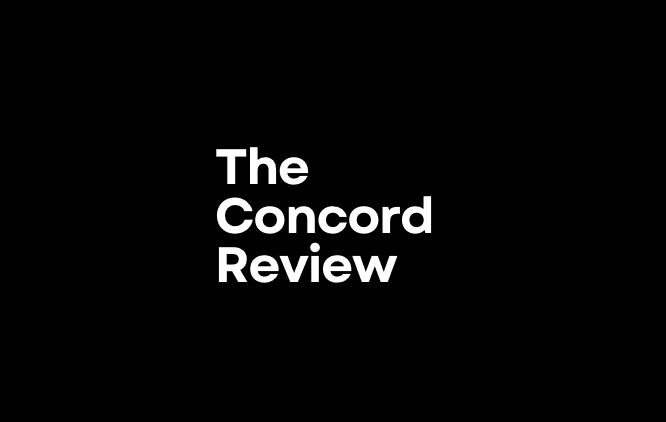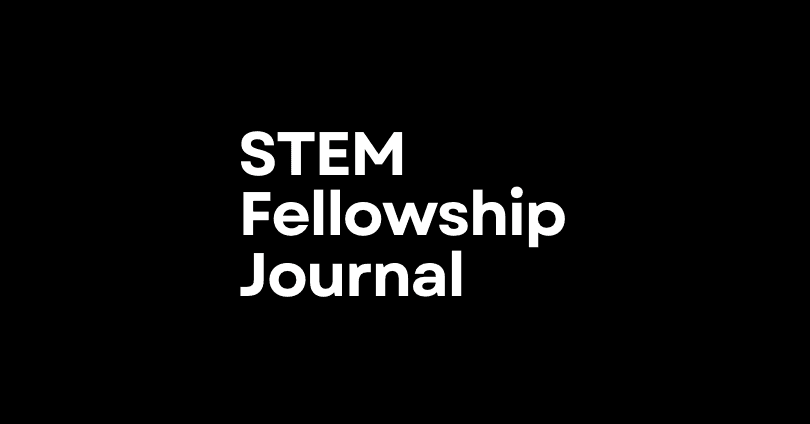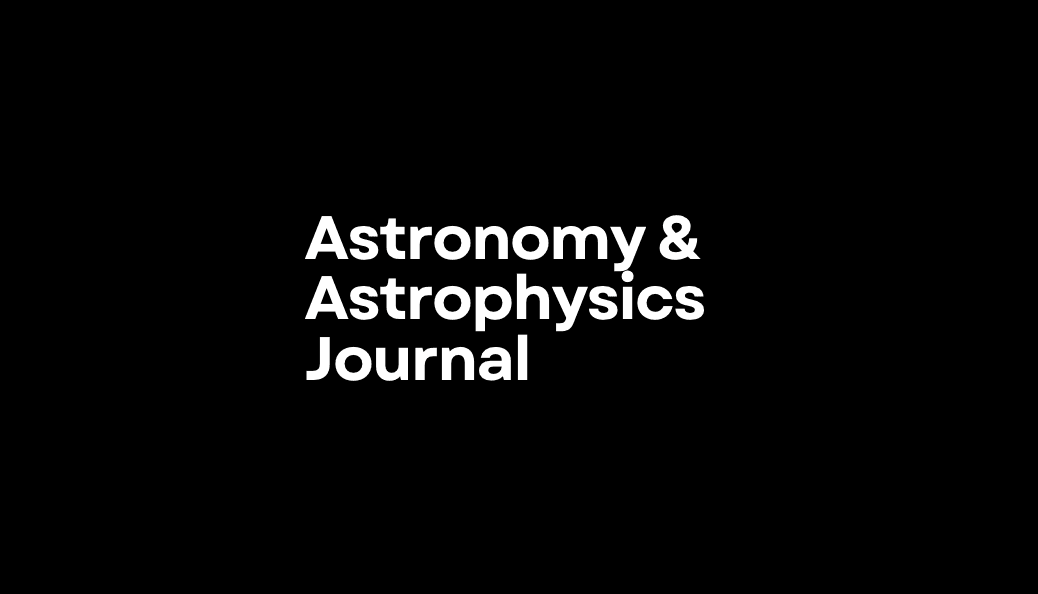Field
Humanities, STEM
Publishing in the Critical Debates Journal (CDJ) is an excellent opportunity for high school students to share original research, analysis, and commentary that bridges the humanities, sciences, and global justice.
As CDJ values interdisciplinary thinking, strong argumentation, and clear writing, navigating the process can feel a bit overwhelming at first. This guide breaks everything down simply, helping you understand what CDJ looks for and how to prepare a competitive submission.
What Kind of Work Can You Submit?
CDJ accepts research and analytical articles, review papers or essays, opinion/commentary pieces, and short blog-style submissions. Research and analytical articles develop a clear argument supported by evidence, while reviews and essays synthesize existing scholarship to offer new insights. Commentary pieces contribute to current debates, and short submissions provide concise reflections. Across all formats, CDJ emphasizes analytical rigor, clarity, interdisciplinary thinking, and meaningful contributions to humanities, sciences, or global justice topics.
Eligibility
The primary author must be a high school student (grades 9–12). Manuscripts must be original, unpublished, and not under consideration elsewhere. Students may consult mentors or teachers, but submissions must reflect the student’s independent voice and scholarship.
Publication Fee
CDJ requires a one-time, non-refundable submission fee. This fee does not guarantee acceptance. All accepted articles are published open access.
Submission Process
Students submit manuscripts through the Scholastica HQ portal here. The submission deadline for the current cycle is December 15, 2025.
Review Timeline
CDJ follows a structured review process:
Editorial screening: checks eligibility, formatting, and originality
Peer review: evaluates argument strength, evidence, writing quality, and relevance
Revision: authors may be asked to revise and resubmit
Final decision and publication
Typical timelines range from 4–6 weeks to initial decision and 8–12 weeks to publication, though this may vary. Authors should respond promptly to reviewer comments.
RISE Tips for Getting Accepted
Based on top submissions reviewed by RISE, competitive CDJ papers generally:
Introduce a clear, focused question that bridges multiple disciplines
Integrate diverse analytical lenses (e.g., ethics + technology, humanities + policy)
Address counterarguments, alternative explanations, and limitations
Develop a logical progression from background to evidence, analysis, and broader implications
Discuss why the work matters — for society, governance, ethics, or global justice
Use high-quality, up-to-date references from peer-reviewed research or credible policy sources
Follow professional formatting with clear headings and APA-style citations
Synthesise evidence across fields into a cohesive, balanced argument
Communicate complex ideas clearly, accurately, and accessibly
Sample Papers
You can explore past issues and sample submissions here.
RISE Research Program
If you’re a high school student aiming for competitive journals, RISE Research gives you the chance to work one-on-one with mentors from leading universities worldwide. With individualised guidance and support in building independent research projects, students often produce high-quality work suitable for top publications, while also developing a strong academic profile. The program is flexible, accessible globally, and open for applications throughout the year. To explore eligibility, pricing, and how to begin, visit the RISE Research website and take the next step in your academic journey!
Check out more guides




